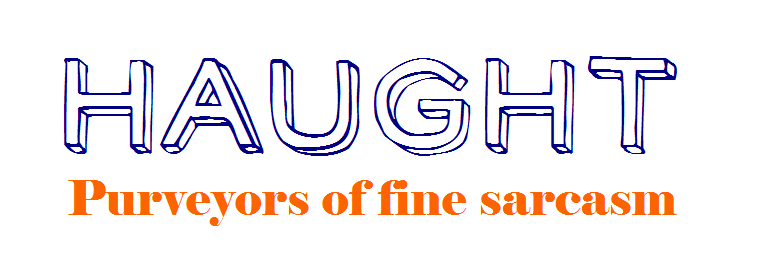The Haught guide to the word “strategic”

In this ultra-cynical age, the word ‘panacea’ has been splashed with negative connotations. The 21st century has no time for the idea of utopia, and there is, admittedly, something slightly utopian about a remedy for everything in the universe ever. For that reason ‘panacea’ is a word – not unlike ‘alchemy’ and ‘Vodafone’ – that today evokes reflexive scoffing.
But we are wrong to sneer, for a panacea is theoretically possible. Indeed, it already exists. The corporate sector has known about it for at least a decade, and it takes the form, believe it or not, of a humble adjective.
If a company tries to tell you about its ‘direction’, you will naturally shrug, uninterested. When they tell you about their ‘strategic direction’, however, you have no other option but to swoon with brand adulation as you picture an undeviating path leading to what looks like an architectural amalgam of El Dorado, the Emerald City and Elysium.
If a company tries to tell you about their partnership with another organisation, you’re within your rights to ask ‘Why should I care?’ But when they mention their ‘strategic partnership’ you have no rights, only a responsibility: to imagine the two entities colliding elegantly, the impact blasting rose petals and stakeholder value-addeds into the sky like corporate fireworks.
Marketing is a pale imitation of strategic marketing. Planning is inferior to strategic planning. Learnings have nothing on strategic learnings.
But why stop at the office? We should offer our friends strategic advice, give our pets strategic pats and put strategic tacks on the strategic seats of our strategic enemies.
We should blast our babies’ bellies with strategic raspberries, honour our departed comrades with strategic eulogies and delight our loved ones with strategic acts of spontaneity.
Mute your scepticism and strategically tune in to this most magnificent of cure-alls.
An edited version of this article first appeared in the MyCareer section of The Age and Sydney Morning Herald.
You can read Benign to Five in those papers every Saturday, and if you miss it, you can look it up online in the BusinessDay section of The Age, the Sydney Morning Herald, The Canberra Times, WAToday and Brisbane Times. (I now wankishly call myself a “syndicated columnist” on my CV.)
Read more Haught newspaper columns





good article, thank you